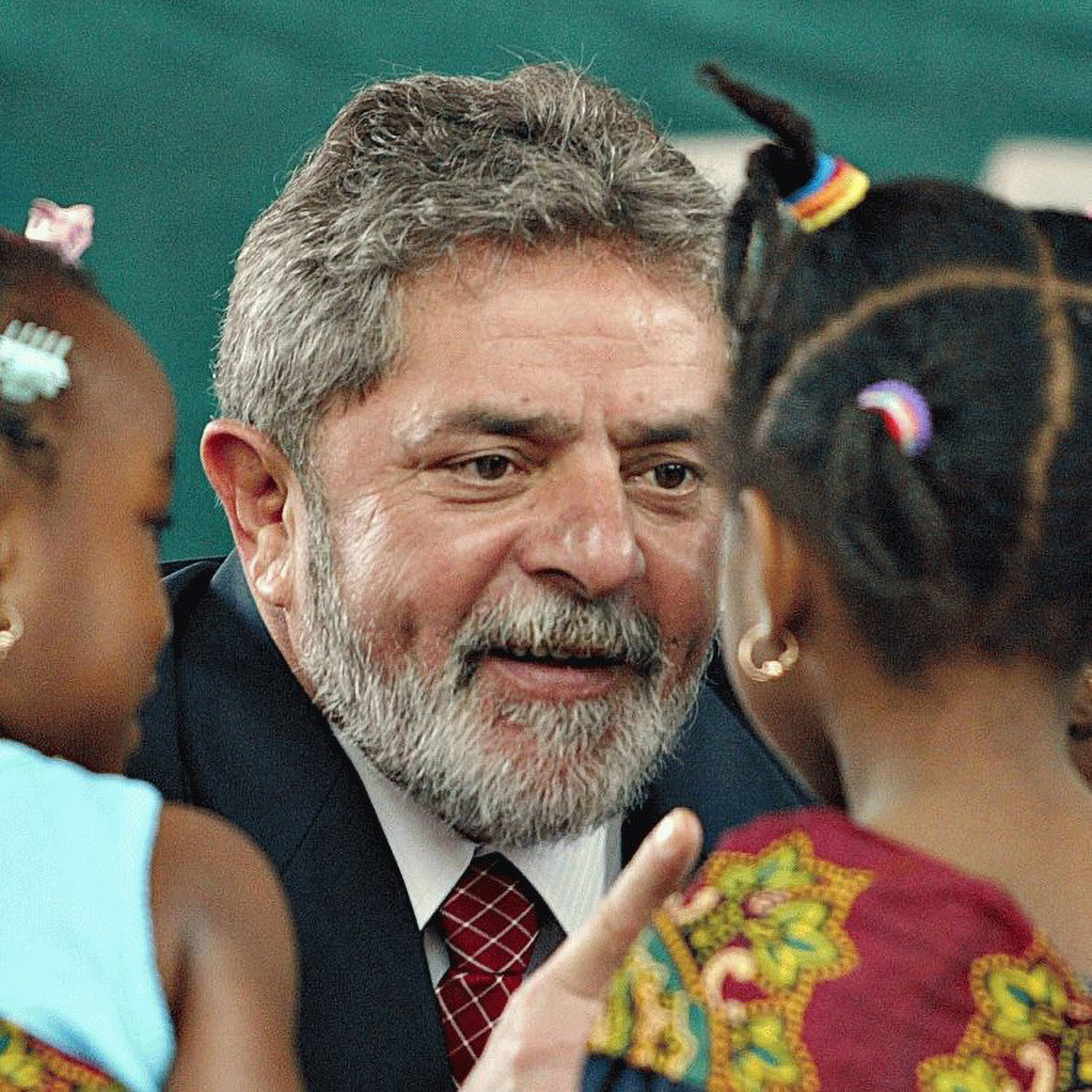
“We are back. We are back to help build a peaceful world order based on dialogue and multilateralism.”—Luiz Inacio Lula da Silva (Lula)
The president-elect of Brazil, Luiz Inacio Lula da Silva (Lula), did not wait for his inauguration on Jan. 1 to take action. On Nov. 16, at the COP27 climate summit in Egypt he stated that “there is no climate security in the world without the Amazon being protected. No one is safe.
“Climate emergency affects everyone, although the effects fall hardest on the most vulnerable.”
“The world has been ignoring warnings about climate change while spending trillions of dollars on war,” Lula said.
He stated that the international community needed better leadership to address climate change and added that Brazil was ready to rejoin efforts to build a healthier planet. “The fight against climate change will have the highest profile in the structure of my government.”
He spoke specifically about deforestation, which was reduced 83% during his previous administration. “You all know that we are going to undertake a big fight against deforestation.”
This includes plans to grant new protected status to half a million square kilometers (193,000 square miles) of the Amazon rainforest, fight deforestation, subsidize sustainable farming and reform Brazil’s tax code to promote transition to a green economy, imposing higher taxes on polluting industries.
“I would like to say to you all that Brazil is back,” announced Lula.
“Brazil is back to resume its ties with the world and to once again fight hunger in the world. To cooperate once again with the poorest countries—above all Africa—to cooperate with technology transfers to build a better future for our peoples.”
He also reaffirmed his previous announcement that the new Brazilian government would create a Ministry of Indigenous People (Pueblos Originarios) to give First Nations people the opportunity to set public policy.
His first priority will be the mission he has always had—improving the situation of poor people in Brazil. “We can’t accept it as normal that in this country millions of men, women and children don’t have enough to eat.”
The current regime in Brazil, led by Jair Bolsonaro, took office in 2019 after trumped-up charges in a “lawfare” campaign sent Lula to prison for more than a year and a half and prevented him from running in the 2018 election. All charges were ultimately annulled, due to judicial bias and corruption of the judge overseeing the trial, and Lula was able to run in the 2022 election, defeating Bolsonaro.
Bolsonaro was a disaster for Brazil from every point of view, including the environment. He favored an exploitative policy and appointed environmental and forest management officials who shared his opposition to maintaining protected areas for environmental reasons or as indigenous peoples’ territories.
The deforested area in Brazil’s Amazon reached a 15-year high from August 2020 to July 2021, according to official figures, and 2022 will be worse, according to satellite monitoring.
As the Bolsonaro regime leaves office, 33 million Brazilians face acute hunger and 100 million live in poverty, the highest numbers in many years.
Bolsonaro also dismantled the public health system and that, coupled with his pandemic denial and resistance to vaccine acquisition and use, led to Brazil suffering the second highest per capita Covid deaths in Latin America.
The challenges facing the new Lula presidency are severe. They have been widely reported. There is still a powerful ultra-right wing that controls much of the legislature, the judiciary and the military, as well as the economy.
Essential work includes reversing years of neofascist rule, rebuilding the country, restoring regional economic cooperation and recovering from environmental damage so severe that leading Brazilian environmentalist Marina Silva likened it to recovery from war.
Silva, a Goldman Award winner who was appointed environmental minister by Lula in his first term in 2003, resigned in 2008 over policy differences but supported Lula’s candidacy in this election.
In a Sept. 12 press conference with Lula, she said that “hunger is a good example of how we can improve climate performance. We are one of the most important food producers in the world, and we should come up with solutions to provide for international society.
“It’s not only a huge opportunity for Brazil to develop innovative equations to solve development problems and social inequalities but also to share our technology and solutions with other countries, mainly in the Global South.”
Silva is Black, indigenous Brazilian, the daughter of rubber tappers, born and raised in the state of Acre in the Amazon rainforest. Lula is a self-educated son of a poor family who went to work while still a child and rose through union leadership ranks to national and international leadership. They have both achieved what appeared impossible in the past, and they are ready to take this on.
(Author’s note: For an excellent detailed discussion with Marina Silva, exploring issues and nuances at length, listen to this interview, translated into English, at https://sumauma.com/en/entrevista-marina-silva-nao-temos-ser-direito-estupidos/.)

